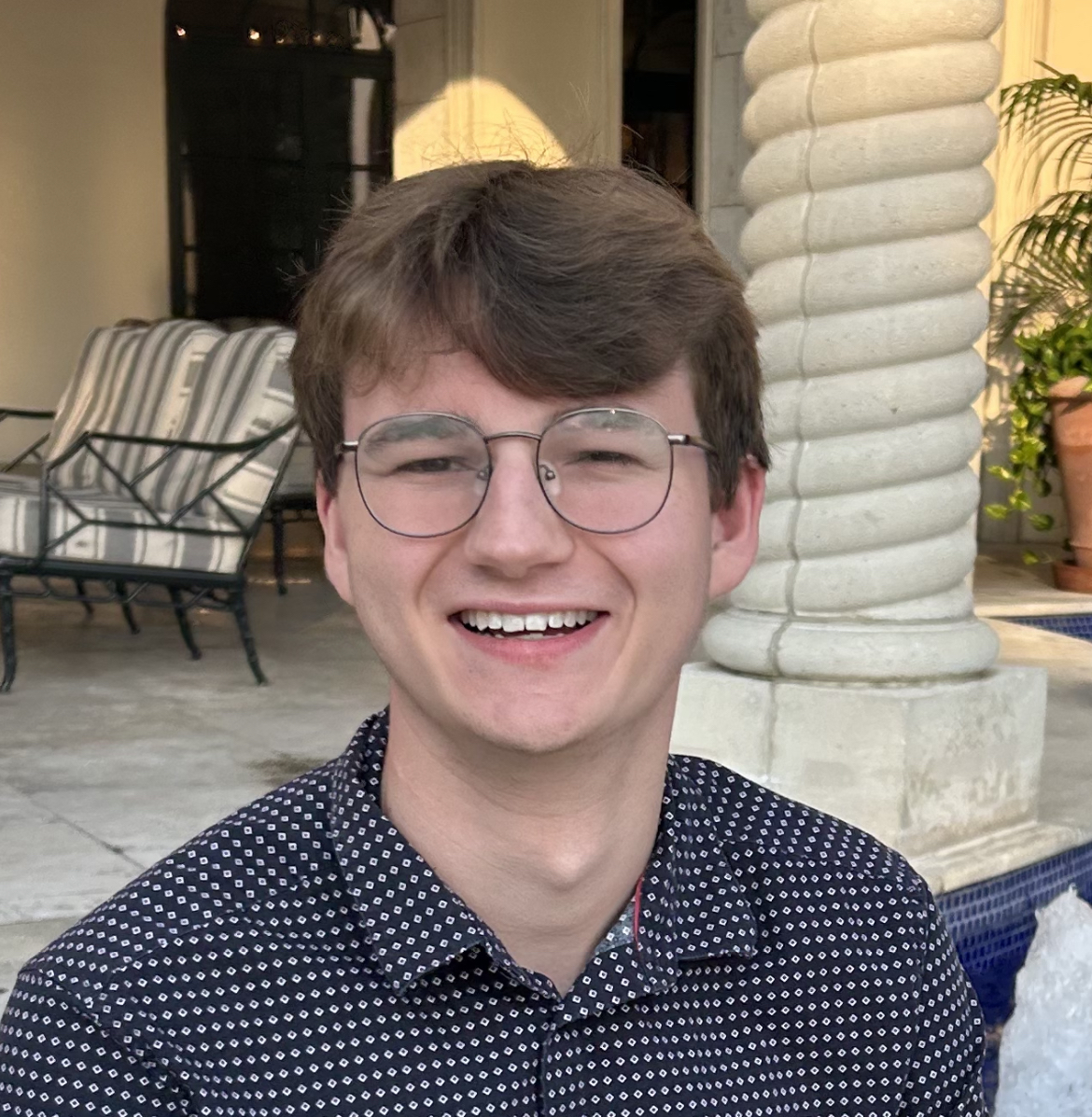Hunter Coates is a senior double majoring in philosophy and history. He has exemplified the liberal arts platform to a notable degree.
GC often prides itself on exemplifying liberal arts education, which, although diverse in studies, is fundamental in finding solutions to complex topics. Whether it be chemistry, English, business or other majors, there are plentiful studies to demonstrate the intricacies of liberal arts.
Relatedly, it can be understood that some majors may be bound to liberal arts through natural academic concepts. Philosophy, the study of the fundamental nature of reality, knowledge and existence, is applicable to this connection.
The official GC website says, “Philosophy, Religion, and Liberal Studies provides the foundation of a well-rounded Liberal Arts education.”
During his time at GC studying philosophy, Coates has been able to engage in philosophical discussion with peers and professors, all the while reflecting thorough concepts in the process.
“Small discussions are a huge positive about a liberal arts college,” Coates said. “Discussing ideas is a huge part of my major and classes.”
There were a few reasons why he chose this major, one being discussion-based education, and the other being political theory.
“In high school, I was always interested in political theory,” Coates said. “I eventually decided to study philosophy because of my political and historical passions, as it was interconnected with philosophy itself.”
Philosophy relates to other studies present here at GC, and even STEM majors can still relate to philosophy on a large scale.
“Although philosophy is a field on its own, it applies to all other fields,” Coates said. “Even if you’re in science, there is an entire philosophy branch to the study.”
This broad narrative provides a unique approach to how philosophy interacts with the liberal arts environment here at GC. Not only can the discussion of philosophy be found in seemingly unphilosophical studies, but it also creates new speculations of existing concepts in the process.
“I have gotten my STEM friends involved with philosophy due to these correlations,” Coates said. “Especially in research, philosophy is very interdisciplinary.”
In a corresponding manner, as a soon-to-be graduate of philosophy, Coates has found his own space in establishing individualized philosophical arguments. One of his most prestigious accomplishments follows suit, as he published his first book in February. “Conspiracy & The Subject: A Lacanian Enterprise” explores the multi-faceted creation of conspiracy theories through a Hegelian philosophical framework.
“My book is largely on psychoanalysis, particularly applied to conspiracy theories and how they attach to other themes in my book,” Coates said.
Within the understanding that conspiracy theories pose a dangerous threat in modern politics, Coates manifests new connections on how to deal with the ever-changing effects. Relatedly, solutions such as finding alternatives to profit-centered economic systems are primary in the book.
Writing a book is a long process, as it usually takes many months or even years, depending on word count and complexity. However, one strategy that helped Coates was to simply start fresh and let his mind ramble.
“My book was originally a 20-page paper, and I reached a point where I wanted to keep and keep writing,” Coates said. “That’s kind of my motto: Keep writing and don’t stop.”
Regardless, the depths of philosophy had certainly brought passion to Coates’s work and the work of other like-minded philosophy majors as well.
Specifically, here at GC, many consider philosophy to pair quite well with a liberal arts education, as it remains rooted in critical discussion and finding solutions to life’s most substantial issues.


